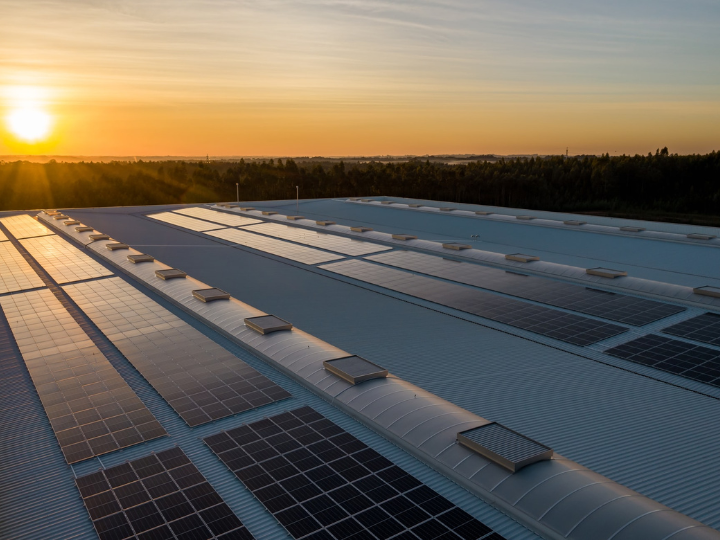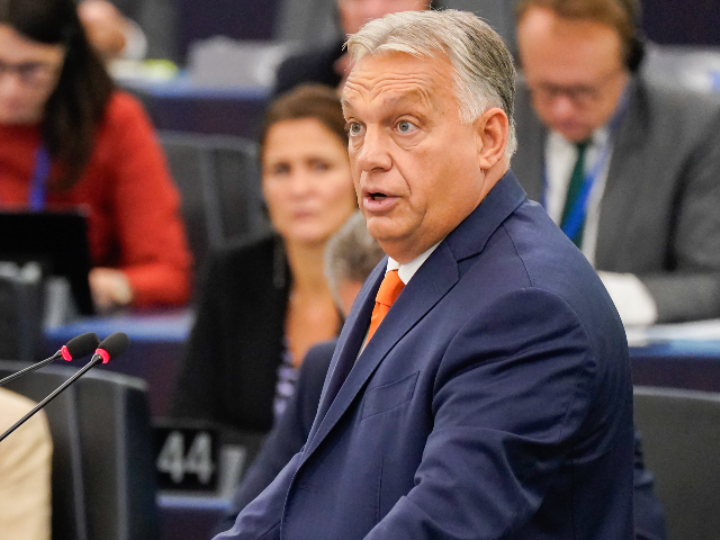by Milagros Rivas Saiz, Ayla Majid and Michael Hayes*
A transition to a low-carbon energy future is crucial for limiting the rise of global temperatures to 1.5°C and avoiding the catastrophic impacts of climate change. Current climate policies put us on track to a 2.7°C warming above pre-industrial levels when, as agreed in the Paris Agreement, we must reach net-zero carbon emissions by 2050.
The shift of paradigm to achieve this goal requires significant additional green and climate investments across all sectors of the economy, most of it directed to emerging markets where it’s much needed, with great investment opportunities and potential for growth. In order to achieve global decarbonization objectives, investment will need to nearly triple from $760 billion in 2019 to $2,200 billion in 2030, according to the International Energy Agency (IEA). Moreover, emerging markets need $1 trillion a year of public and private finance to transition to a net-zero economy.
Climate ambitions in emerging markets
The financial sector plays a key role in the transition to low-carbon economies. In line with the global climate goals set in the Paris Agreement, the private sector has committed to channel the necessary economic resources to make it possible and to identify the risks to which economic agents responsible for making investment decisions are exposed.
At COP26, the Glasgow Financial Alliance for Net Zero (GFANZ) announced that over $130 trillion in private capital has been committed to carbon neutrality. Companies, banks, insurers and investors will have to adjust their business models and implement plans to achieve this transition. Moreover, the Net-Zero Banking Alliance, facilitated by UNEP FI, which includes 90 members representing more than $60 trillion in assets, is working to accelerate and implement decarbonization strategies. The alliance, which includes 12 banks in Latin America and the Caribbean, aims to support its members’ efforts to align their investment and lending portfolios with net-zero targets by 2050.
Most of this investment will need to be in domestic-oriented projects that create domestic development opportunities. The COVID-19 crisis has hit emerging markets and developing countries as companies halted production and global value chains were disrupted. For example, Latin America and the Caribbean was one of the most affected regions, with some countries reporting economic contractions of over 10% in 2020 that exacerbated already existing challenges. Increasing climate action and scaling up net-zero investments could support a sustainable and climate-resilient recovery.
Bolstering climate ambitions in the local financial sector can also be catalytic since they have the local knowledge and the reach. Moreover, we are seeing the emergence of green products that are resilient to climate impacts; namely, financial instruments related to low-emission projects such as green loans, green bonds, etc.
However, short-term actions will not be enough. These must be combined with mid/long-term ambitions, commitment strategies and roadmaps to implement long-term decarbonizing pathways that could also bring economic and social benefits. It is estimated that transitioning to a net-zero economy could generate over 15 million new net jobs by 2030 in Latin America and the Caribbean, according to an IDB-ILO study. In South-east Asia, a green economy could bring up to $1 trillion in economy opportunities with new growth areas contributing to 6-8% of the region’s GDP by 2030.
Over the last decade, private international investment into clean energy assets in emerging markets has more than tripled, from $6 billion in 2010 to $28 billion in 2019, according to Bloomberg NEF’s clean energy asset finance data. However, this growth of private investment into clean-energy assets was concentrated in only 20 countries. Investment flows toward another 84 emerging economies surveyed have remained flat, according to the World Bank.
Local climate finance with less risks
Local banks in emerging markets face varying challenges: high country risk perception in certain geographies, low credit ratings, weak balance sheets in some jurisdictions, lack of climate-related knowledge and capabilities, limited understanding of new climate technologies, lack of access to global climate capital partnerships, among others.
A facility providing risk-mitigation instruments (blended finance, first loss warranties, etc.) as well as financial resources for customized and individualized technical assistance (i.e. “climate smart bank readiness”) can accelerate this process by creating the capabilities and tools required to scale up local climate finance. Project finance, disclosure methodology, market intelligence, decarbonization pathways, access to global partnerships etc., are among these capabilities and tools.
Similar approaches to building solid bankable pipelines have successfully been implemented in other sectors, such as the Global Infrastructure Facility (GIF), a global collaboration platform that integrates efforts to boost private investment in sustainable infrastructure. GIF provides funds for technical assistance for project preparation and development, which as of November 2021, has mobilized a total investment of $76 billion, with $52 billion in private investment in over 56 countries across sectors such as energy, transport and others.
This solution will boost a climate-smart financing system in developing countries and emerging markets by leveraging resources and expertise to support banks to build clean portfolios and decarbonize current ones. For example, IDB Invest is providing advisory services to Ecuador’s Produbanco to define a roadmap to achieve its commitments to net-zero emissions by 2050. The replication of this approach throughout the banking system in emerging markets will boost financing for clean domestic projects in challenging geographies.
In summary, helping local banks to define and implement a net-zero strategy can be a game-changer for the much-needed energy transition in the emerging markets. This will unlock the potential of new projects accelerating net-zero ambitions. Globally, climate capital and expertise are there; however, to scale the equitable distribution of resources including capital, it’s absolutely key to build local partnerships, and local banks are very ably placed to provide that strength and ownership to achieve climate targets.
*Chief of Advisory Services, Interamerican Development Bank Group and Founder and Chief Executive Officer, Planetive and Global Head, Renewables, KPMG
**first publoished in: www.weforum.org




 By: N. Peter Kramer
By: N. Peter Kramer
